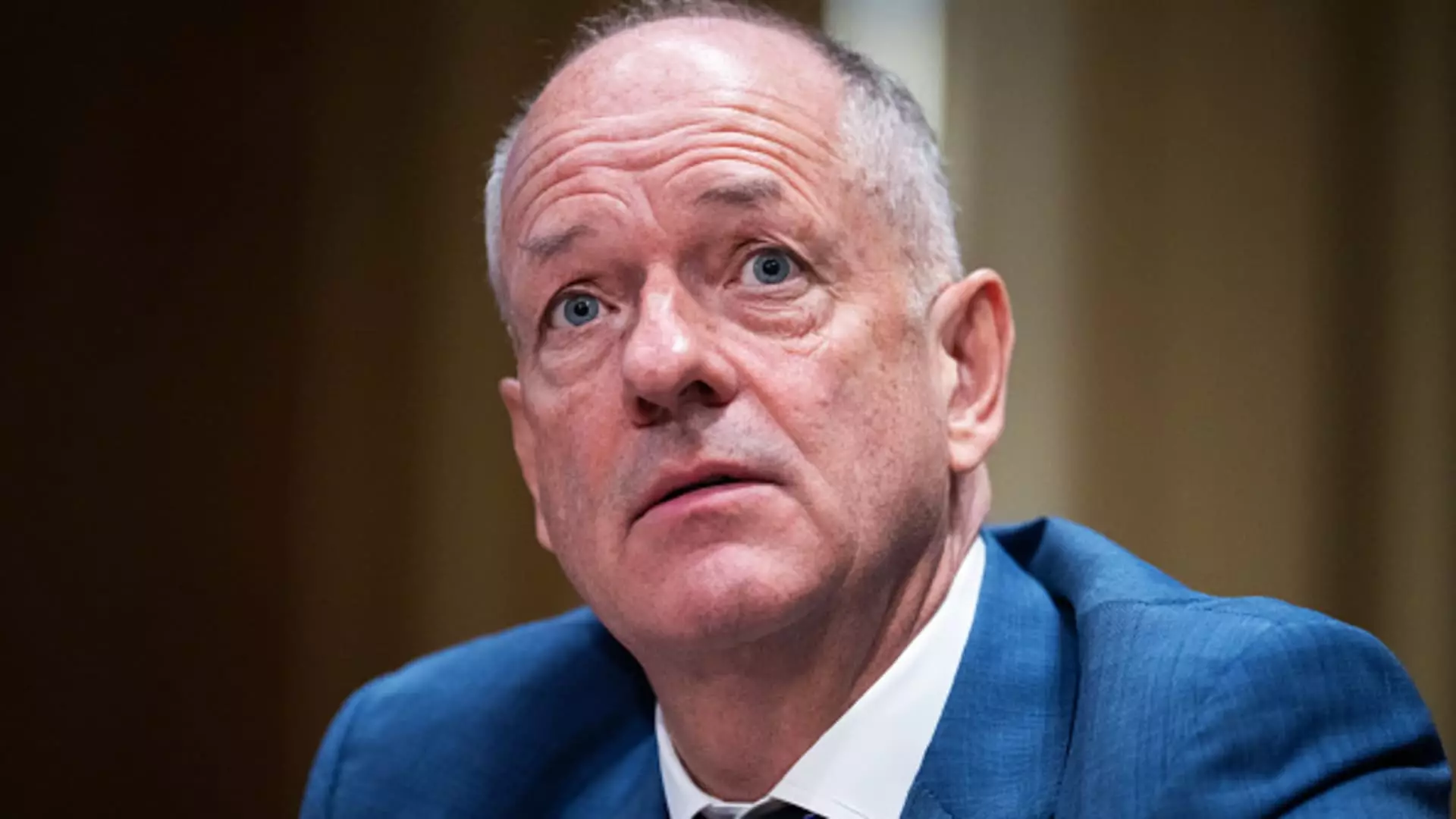The recent passing of Brian Thompson, the former CEO of UnitedHealthcare, has sent shockwaves through the healthcare community, stirring emotions and highlighting deep-seated frustrations with the U.S. health system. UnitedHealth Group CEO Andrew Witty expressed his condolences and shared insights into the systemic issues plaguing healthcare in the United States. This poignant moment came in the wake of Thompson’s tragic death, which some are interpreting as a metaphorical shot fired against the flaws entrenched within the insurance industry.
Witty’s reflection on the state of healthcare, presented in a recent opinion piece in the New York Times, reveals many indisputable truths: the system is “flawed” and severely lacking in efficiency. He candidly acknowledged that the current system, a hodgepodge of regulations, policies, and corporate interests, has evolved into something that few would endorse as a model for healthcare delivery. This acknowledgment of systemic failure is critical, as it encourages an open dialogue about necessary reforms.
The frustrations Witty mentioned resonate deeply with the public. Many Americans feel trapped by a convoluted system that often prioritizes profit over patient care. From skyrocketing premiums to confusing coverage policies, patients are left to navigate a labyrinth of claims and denials. Social media has become a platform for these voices, amplifying experiences that illustrate the need for transparency and accountability from insurers. As Witty stated, the intricacies of what claims are covered often lack clear explanation, leaving consumers bewildered and disempowered.
In the aftermath of Thompson’s death, sitting at the intersection of grief and reflection, Witty emphasizes the importance of collaboration among all stakeholders—providers, patients, insurers, and government entities. His call for partnership underscores a crucial point: systemic change will not occur in isolation but rather through collective efforts that prioritize patient welfare above all.
As the largest healthcare conglomerate in the U.S., UnitedHealth Group holds a position of influence that could catalyze significant change. Witty argues for a revisited mission to make healthcare “work better.” This involves more than just an adjustment in policy; it requires a cultural shift within organizations. A focus on delivering high-quality care while simultaneously reducing costs is ambitious yet necessary.
Yet, reform will demand courage and commitment from all participants in the healthcare ecosystem. Misalignment of incentives between patients and profit-driven organizations must be addressed. It is not enough to simply improve clinical outcomes; the larger narrative surrounding the role and responsibilities of insurers must shift.
While the challenges facing the healthcare system are formidable, the reflections instigated by Thompson’s untimely death could serve as a pivotal moment for industry introspection and potential transformation. Witty’s insights call for a renewed focus on patient safety and experience, suggesting a path forward that prioritizes clarity, fairness, and patient-centric care. If there is any silver lining to be found in tragedy, it may lie in the potential for transformation in the healthcare landscape, guided by leadership willing to confront challenges head-on.
The healthcare model in the United States requires more than just minor adjustments; it calls for a comprehensive re-evaluation and a vigorous push for reform. The time is ripe for industry participants to come together, ensuring that no one ever again must navigate the complexities of healthcare feeling as though they are alone in their struggles.


Leave a Reply